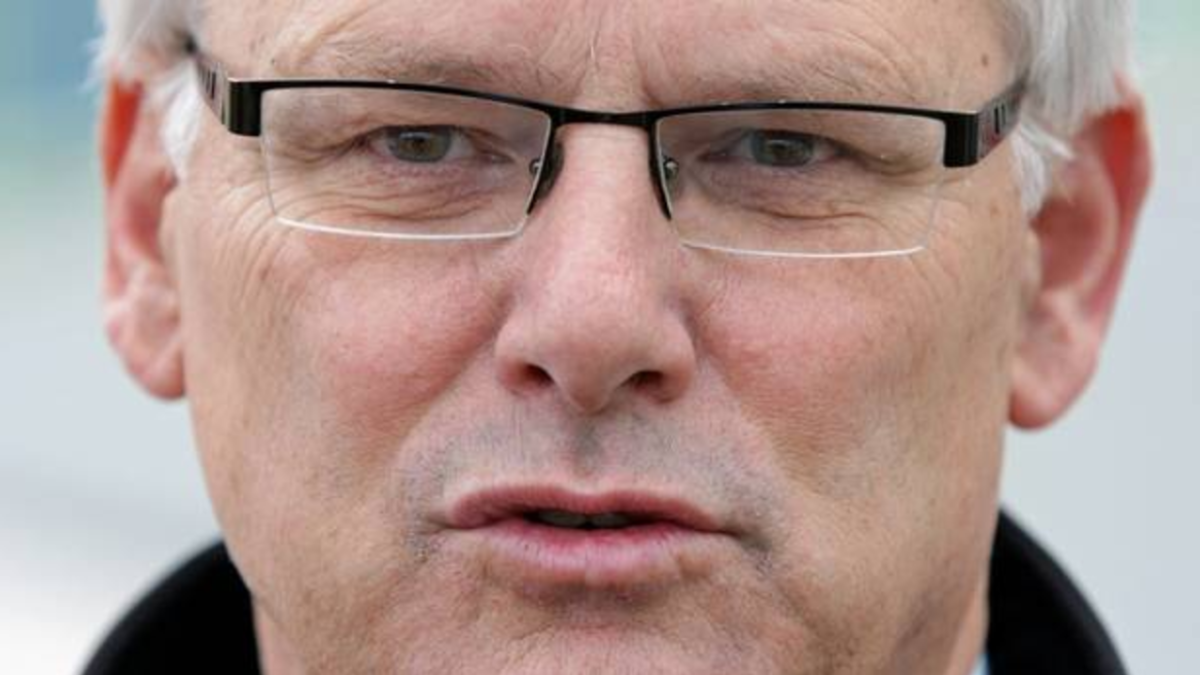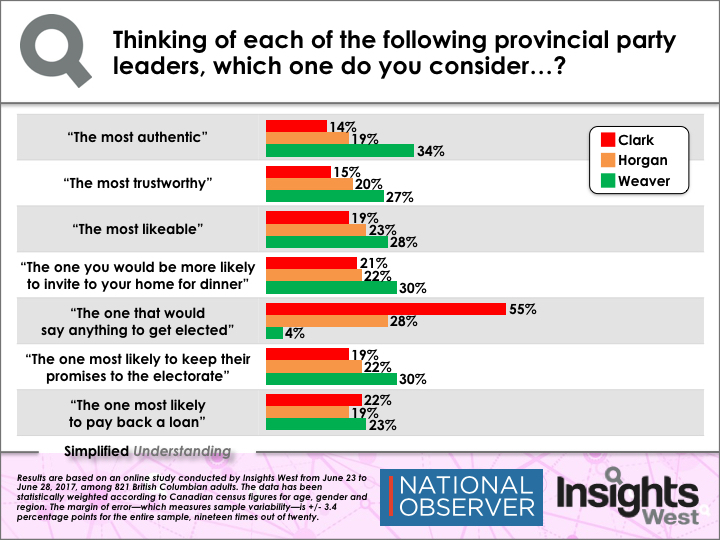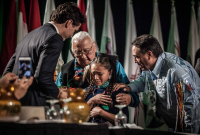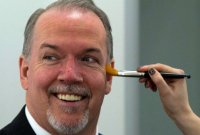Support strong Canadian climate journalism for 2025
On the eve of the provincial British Columbia Day holiday 2014, Insights West, a polling company, asked British Columbians what makes the province great.
Our politicians did not fare well. BC Liberals Gordon Campbell and Christy Clark tied as the worst premiers the province had had since 1986, each picked by 25 per cent of respondents. Two years later, animosity towards Campbell dropped markedly (only 16 per cent considered him the worst recent premier), while Clark became the indisputable first choice at 30 per cent.
A year from now, we at Insights West will repeat our biennial exercise to see how British Columbians feel about their province and its people. What is certain now is that, in the case of both of the premiers who have served as leaders of the BC Liberals, a constituency that was once receptive to their ideas and concepts ended up walking away because their message was no longer believable.
A leaf from Gordon Campbell's book
In October 2010, Campbell’s approval rating was in single digits and his caucus began to revolt. Gone were the days when flag-waving at the Vancouver 2010 Winter Olympics and assertions of environmental (think carbon tax) and economic successes (like a sturdy economy throughout the 2008 financial crisis) were enough to tilt the public.
Campbell went on primetime television later that month to discuss the implementation of a sturdy tax break as an accompaniment to the harmonized sales tax that had been so reviled across the province. The vow to implement a 15 per cent reduction on tax rates on all personal income up to $72,000 was accompanied by two bold promises that dealt with education and healthcare — two themes where the BC Liberals were lagging.
On education, Campbell promised to ensure that that every Grade 4 student would be reading, writing and doing math at a Grade 4 level by 2015. On health care, the BC Liberal government pledged to allocate 49 cents out of every dollar to support health services in British Columbia by 2013.
At the time, I conducted a poll that tested how Campbell’s gamble had fared among British Columbians. The result was clear. Most residents relished in the opportunity of lower taxes (65 per cent approved of the proposed reduction), but fewer than one-in-five expected the provincial government to deliver on the pledges related to education and health care.
Simply put, there was an intense dissatisfaction with the seller. Campbell was no longer taken seriously. Less than a week after the televised address and on the morning my poll came out of the field and was released, Campbell announced his resignation.

Fast forward to Christy Clark
As I listened to this year’s throne speech, I had flashbacks to that poll. The speech incorporated ideas that were indubitably popular, as the surveys conducted by Insights West on issues such as child care and taking big money out of politics had outlined.
I did not expect British Columbians to say no to the product, but would they say no to the seller like they had done to Campbell in 2010?
The answer was is, without a doubt, “Yes.” Campbell’s experience with ideas that were deemed popular is very similar to what Clark went through in the final days of her tenure. Our poll showed that people overwhelmingly welcomed what they heard in the Speech from Throne about banning union and corporate donations, regulating the activities of lobbyists and investing $1 billion in child care spaces. However, just a third (and, in some cases, fewer) expressed confidence in the government to follow through and implement the measures.
The premier’s defence of policies that were not part of the BC Liberal platform was not lost on residents. She became the political equivalent of what American swimmer Ryan Lochte now evokes in international sport. Their smiles appeared everywhere and they were both lauded for their victories, but one bad decision can change everything. Lochte is enduring a suspension after deceptively claiming that he had been robbed at the Rio Olympics. Clark’s credibility, on an ideological level and within her own base, is eroding. Her defence of policies that were not part of the BC Liberal platform is not lost on residents.
The smile and the echoes of past victories were no longer enough to move the needle.
That second, summer election very few people wanted is no longer in the cards for British Columbians. Our polling showed no indication that the campaign would have been successful for the BC Liberals. The approval rating for Clark dropped (from 38 per cent to 32 per cent) in the aftermath of the Speech from the Throne, while the numbers for BC NDP leader John Horgan and Green Party leader Andrew Weaver improved to 49 per cent and 50 per cent respectively.
As early as February, the governing party needed to move the needle. When Insights West asked about specific traits from the three main party leaders, Clark barely registered on being “the most authentic” (with support from 12 per cent of respondents), “the most trustworthy” (13 per cent support) and “the most likeable” (17 per cent support). When fewer than one-in-five residents thinks of the incumbent head of government as a person who embodies positive characteristics, there is definitely work to be done.

The BC Greens play a pivotal role
Also in February, more than half of British Columbians (55 per cent) labelled Clark as “the one that would say anything to get elected.” When Insights West asked this question again last week — after the divisive campaign, the lackluster platform, the plea for collaboration, and a Speech from the Throne that went against the BC Liberal platform on everything from lobbyists to ride-hailing services — the number stayed at 55 per cent.
I did not expect to see a higher number. Voters who were not going to support the BC Liberal candidate in their riding had already made up their minds about Clark, and they did not like what they saw. The weeks following the election confirmed their suspicions.
The demise of the Clark government does not mean that everything will be easy for the opposition. The BC NDP did not win the election. The way the main governing party treats the Greens — inside and outside of the Legislative Assembly — will define which actions are taken on electoral reform, big money in politics and transparent communications from the government.
There are even several leadership traits where survey respondents give Weaver, relatively unknown in February, more points than Premier-designate Horgan: authenticity (34 per cent to 19 per cent), keeping promises to the electorate (30 per cent to 22 per cent), trustworthiness (27 per cent to 20 per cent) and likeability (28 per cent to 23 per cent).
If the New Democrats fail to realize how crucial the Greens are to the success of the first non-BC Liberal government in 16 years, they will face an electorate that not only has learned more about Weaver but has started to like him.







Comments
Watching and listening to Horgan and Weaver was a real pleasure. Confidence, humour and genuine interest in bettering the lives of the people. radiated from the two men. One of the new government's first priorities should be to find and publicly expose any and all corruption found to show the voters who they had placed their trust in. Exposure of their/any corruption would help make politics/politicians more accountable and hopefully more transparent. Politicians should be made to realize that there are consequences for their actions. Many years ago a good many of the Grant Devine government in Saskatchewan were jailed. It has been a long time since anything like that has happened and now may be the right time.